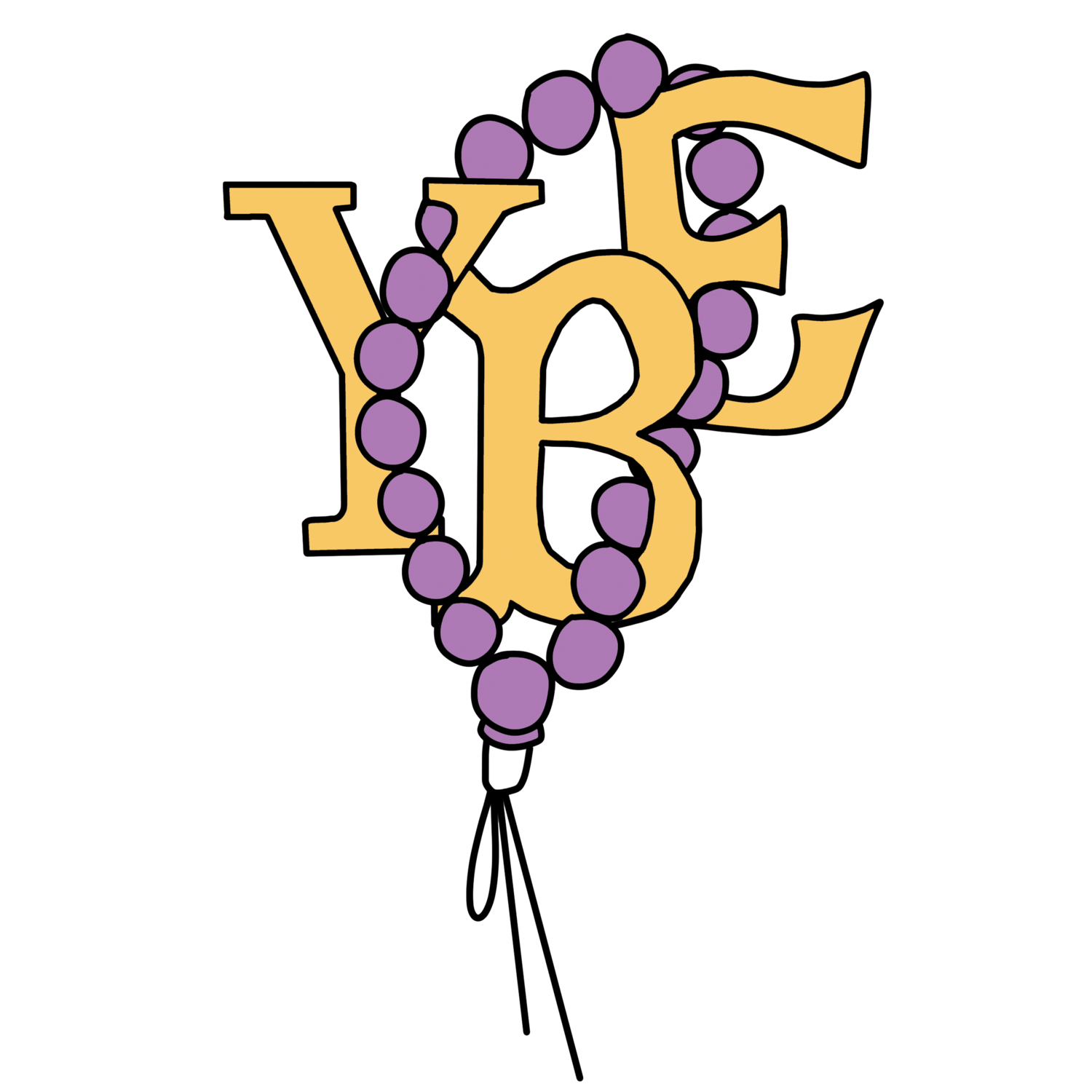New Writing Event: Clouds in Paper
Ryland Shengzhi Li | he/him/his | Insight Meditation Community of Washington
Starting in August 2023, Young Buddhist Editorial (YBE) will launch a special submissions event entitled Clouds in Paper. The event will explore interdependence through haibun, a unique literary form that combines poetry and haiku prose. As a member of the YBE community and a haibun writer, I’m very excited to be editing this column and bringing to you all one of my favorite forms of literature as it intersects with one of my favorite Buddhist tenets.
What is interdependence?
Interdependence is the nature of reality. It means that everything is interconnected with everything else, and nothing in fundamentally separate. The Vietnamese Zen Master Thich Nhat Hanh described interdependence like this:
If you are a poet, you will see clearly that there is a cloud floating in this sheet of paper. Without a cloud, there will be no rain; without rain, the trees cannot grow: and without trees, we cannot make paper. The cloud is essential for the paper to exist. If the cloud is not here, the sheet of paper cannot be here either. So we can say that the cloud and the paper inter-are.
If we look into this sheet of paper even more deeply, we can see the sunshine in it. If the sunshine is not there, the forest cannot grow. In fact nothing can grow. Even we cannot grow without sunshine. And so, we know that the sunshine is also in this sheet of paper. The paper and the sunshine inter-are. And if we continue to look we can see the logger who cut the tree and brought it to the mill to be transformed into paper. And we see the wheat. We know that the logger cannot exist without his daily bread, and therefore the wheat that became his bread is also in this sheet of paper. And the logger's father and mother are in it too. When we look in this way we see that without all of these things, this sheet of paper cannot exist.
What are haibun?
Haibun (俳文) is a literary form originating from Japan that combines prose with haiku poetry. The 17th century Japanese poet, Matsuo Bashō (松尾 芭蕉) popularized the form, including through his famous travelogue, The Narrow Road to the Interior (おくのほそ道). Today, haibun is a worldwide literary form and is written extensively in many languages including English.
Haibun is characterized by concision, concrete imagery, and the juxtaposition of dissimilar images or ideas. This form allows the writer and reader to perceive connections between unfamiliar things and to see the world in new ways. It is an ideal literary form through which to appreciate interdependence.
Submission guidelines
YBE welcomes your submissions on the theme of interdependence for our new Clouds in Paper writing event, which will launch this August. To submit, please email the editor at ybe.haibun@gmail.com.
Your email subject line should contain “YBE Haibun Submission – [name]”, where [name] is your name. For example, “YBE Haibun Submission – Ryland Shengzhi Li.”
The body of your email should contain your name, your city and state (or country if outside the US), your pronouns (optional), and 1-2 haibun.
Optional cover image: You may also submit as an email attachment a cover image for publication along with your haibun. The cover image could be a photo of you or an image related to the poem.
We welcome submissions of both previously published and unpublished work; if your work is previously published, we ask that you provide the place of first publication.
Your work does not need to specifically refer to interdependence. Rather, we are looking for work that creatively embodies the spirit of interconnection between all things.
The submissions period is from now through October 13, 2023. We intend to make decisions within 4 weeks of the submission deadline.
We will publish accepted pieces over the course of next year on our website. We may also publish your piece on our social media, newsletters, and in any other media at any time (e.g., in a future anthology). YBE is not a paying market.
For those who have not written haibun before, we recommend you read examples of outstanding haibun prior to submitting, which you can do on The Haiku Foundation website.
About the Editor
Ryland Shengzhi Li (李晟之) is a poet and environmental lawyer living in Northern Virginia, USA. Poetry teaches him how to pay attention and to see the beauty and interdependence of all things. Ryland's work has been published in Frogpond, Modern Haiku, Ribbons, Presence, and other journals. He is a member of Towpath Haiku and Inkstone Poetry Forum. Find out more about Ryland’s haiku journey at The Haiku Foundation website.
